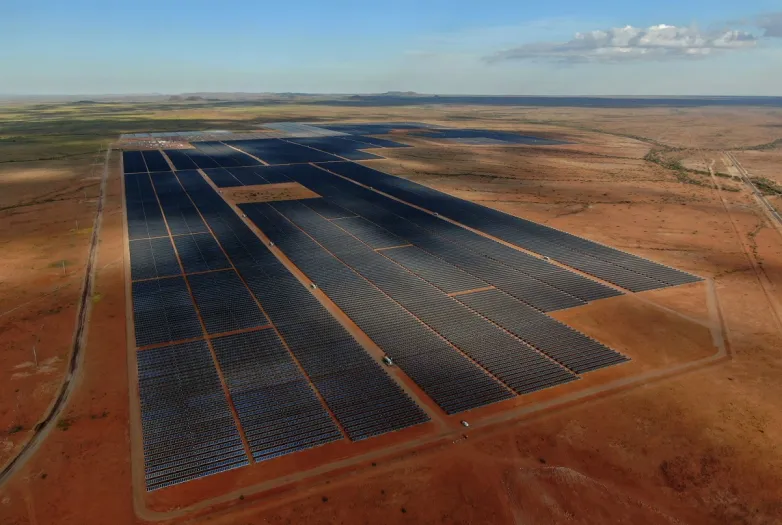Ukraine conflict dents Scatec's opening quarter earnings
- Russia's invasion of Ukraine was blamed for a collapse in Q1 earnings recorded by independent power manufacturer (IPP) Scatec.

The IPP recorded incomes of NOK1,014 billion (US$ 106.34 million) in the first quarter of 2022, a 6.3% boost year-on-year, nonetheless earnings dropped 37% to NOK398 million (US$ 41.62 million).
Scatec possesses and runs 336MW of solar PV in Ukraine. While it verified that 95% of its projects in Ukraine continue to be operational, the business had made a disability of NOK770 countless non-current properties and a credit report loss stipulation on profession and also other receivables of NOK87 million, recorded on a proportionate basis during the quarter.
Scatec currently has a backlog of 1.7 GW of solar projects throughout four countries-- South Africa (813MW), Brazil (530MW), Tunisia (360MW) and also Lesotho (20MW)-- and also 1.1 GWh of battery energy storage space system (BESS) which it aims to start building and construction on all the projects during 2022.
Its existing portfolio includes 3GW of sustainable possessions in operation as well as a pipeline of 14.5 GW, 5.9 GW of which is solar PV.
Terje Pilskog, Chief Executive Officer of Scatec, claimed the business meant to bring its backlog introduction building and construction this year whilst expanding its pipeline within core markets.
"On top of that, we will have a strong focus on more creating our green ammonia and also green hydrogen service," Pilskog included.
Throughout the first quarter Scatec has actually actively increased its presence in the green hydrogen market as it introduced a series of green hydrogen and green ammonia projects in Oman and Egypt, as well as its first stand-alone BESS project in the Philippines.
Moreover, last month the Greenfield project in Oman got the initial green hydrogen as well as green ammonia qualification from technical consultatory firm TÜV Rheinland.
Scatec examined its guidance for 2022 with an expected manufacturing between 3.9-- 4.2 TWh as well as an EBITDA of NOK 2.3-26 billion, down NOK400 million to reflect the influence of the conflict in Ukraine.
Also read

